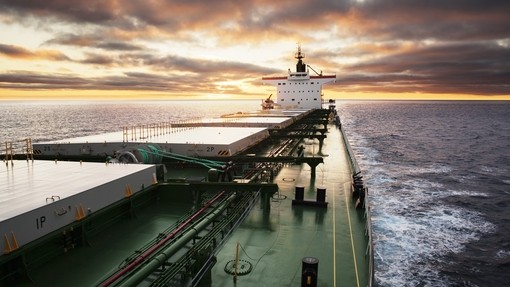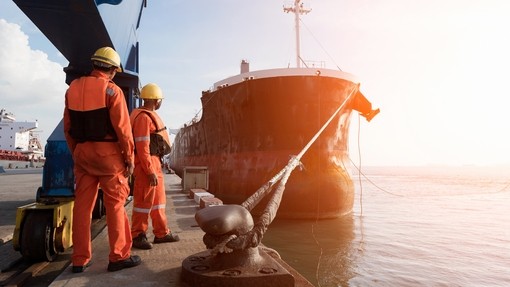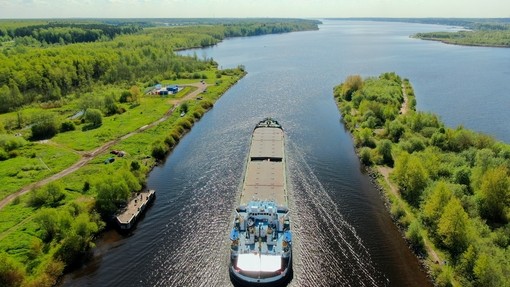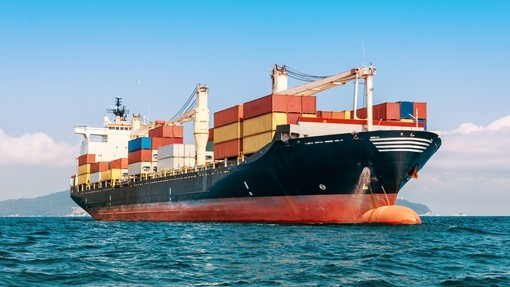Regulus Ship Services PTE Ltd -v- Lundin Services BV [2016] EWHC 2674 (Comm)
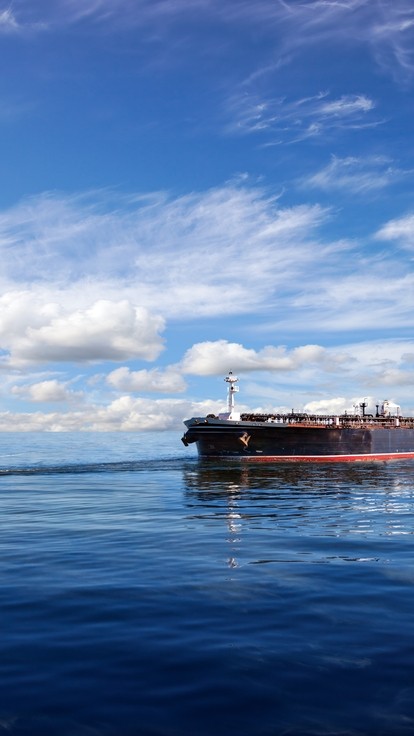
Details
In his recent decision Phillips J clarified the meaning of ‘light ballast condition’ and defined the scope and effect of a delay claim under the TOWCON form.
Background facts
By an ocean towage contract on BIMCO Towcon terms dated 21 August 2012, the claimant (Regulus) agreed that its tug, the “AHTS HARMONY 1”, would tow the FPSO “IKDAM” from Sousse, Tunisia to Labuan, Malaysia, on behalf of the defendants (Lundin), a voyage of over 12,500 nautical miles for the lump sum of US$2,750,000.
It was an express term of the contract that the “IKDAM” would be in ‘light ballast condition’. Regulus claimed that, in breach of this obligation, Lundin provided the “IKDAM” in heavy ballast condition, causing the voyage to take longer and the tug to use more fuel than should have been required.
Regulus claimed:
- delay payments for those days in excess of the anticipated duration of the voyage; and
- damages to reflect the cost of excess fuel, port demurrage and miscellaneous expenses.
Lundin counterclaimed damages on the basis that Regulus was in breach of an implied obligation under the contract (or otherwise of a collateral guarantee given by Regulus) that the convoy would maintain an average speed of 4.5 knots.
Towards the end of the voyage, Regulus diverted the convoy to Singapore in order to assert a lien over the “IKDAM” in respect of its delay claim referred to above. Each party claimed to have accepted the other party’s repudiation of the contract whilst at Singapore, following email exchanges. Lundin entered a new towage contract to complete the “IKDAM”’s voyage to Labuan.
Legal issues
The meaning of the term ‘in light ballast condition’
The only previous authority on this point was the “KENT RELIANT” (Ease Faith Ltd -v- Leonis Marine Management Ltd [2006] 1 Lloyd’s Rep 673) in which Andrew Smith J held that the term meant that the tow would carry (as well as any constants and consumables) the minimum ballast that would enable her to proceed safely and in a seaworthy condition on her intended voyage.
Lundin sought to reformulate the test by reference to another passage of Smith J’s judgment and argued that the tow should not only be physically safe but also legally fit for towage. This would include being insured for the voyage which would also entail compliance with the requirements of the marine warranty surveyor (and any ballast conditions the surveyor deemed necessary) and within the vessel’s class.
Phillips J rejected Lundin’s argument. The proper test was that the light ballast condition was concerned with ensuring physical fitness, primarily stability, for the tow’s voyage. The attempted reformulation of the test from one of the minimum ballast required for physical safety and seaworthiness to one based on the wishes of a third party (capable of multiple solutions, depending on the approach of the surveyor engaged) was rejected.
Clause 17(a)(ii) – slow steaming
The clause stated:
“17. Necessary Deviation or Slow Steaming
(a) If the tug during the course of the towage or other service under this Agreement … slow steams because either the Tugowner or Tugmaster reasonably consider…
(ii) the Tow is incapable of being towed at the original speed contemplated by the Tugowner or … because of any other good and valid reason outside the control of the Tugowner or Tugmaster or because of any delay caused by or at the request of the Hirer … the Tugowner shall be entitled to receive from the Hirer additional compensation at the appropriate Delay Payment rate ….”
Regulus claimed delay payments at the contractual daily rate on the basis that the “IKDAM” was incapable of being towed at the original speed contemplated, asserting this entitlement arose regardless of the cause of the slow speed.
Phillips J rejected this for two reasons:
- There was no evidence that Regulus made a decision to slow steam: in fact, the tug had attempted to reach the intended speed and had, on occasion, done so.
- The “IKDAM” was not incapable of being towed at the intended speed: it was the tug that could not average that speed using only two of its four engines.
Lundin’s counterclaim and the repudiation question
The exchanges on which Lundin relied for its counterclaim were part of the negotiation and agreement of the contractual price, based on anticipated fuel consumption, not an agreement as to a guaranteed speed/duration. No collateral agreement had been made. Further, neither party intended that Regulus should guarantee a particular speed. A term would only be implied into a detailed commercial contract, if it was necessary to give it business efficacy or it was obvious that it went without saying.
Regulus had repudiated the contract when it emailed Lundin purporting to exercise a contract provision which required a 48-hour notice. Lundin had accepted that repudiation and was entitled to recover as damages the costs and expenses of engaging an alternative tug to complete the voyage.
Comment
The case confirms the ‘proper test’ for the meaning of ‘light ballast condition’ and provides useful guidance on how this is to be interpreted in practice. It also illustrates the steps a tug-owner should consider when anticipating a potential claim for delay under the BIMCO Towcon form. Further, it confirms the Court’s long standing position regarding the circumstances where terms would be implied to a commercial contract (or not).
This article original appeared in the December 2016 edition of shipping case digest. Other articles include:
ING Bank N.V. -v- M/V “TEMARA” et al



